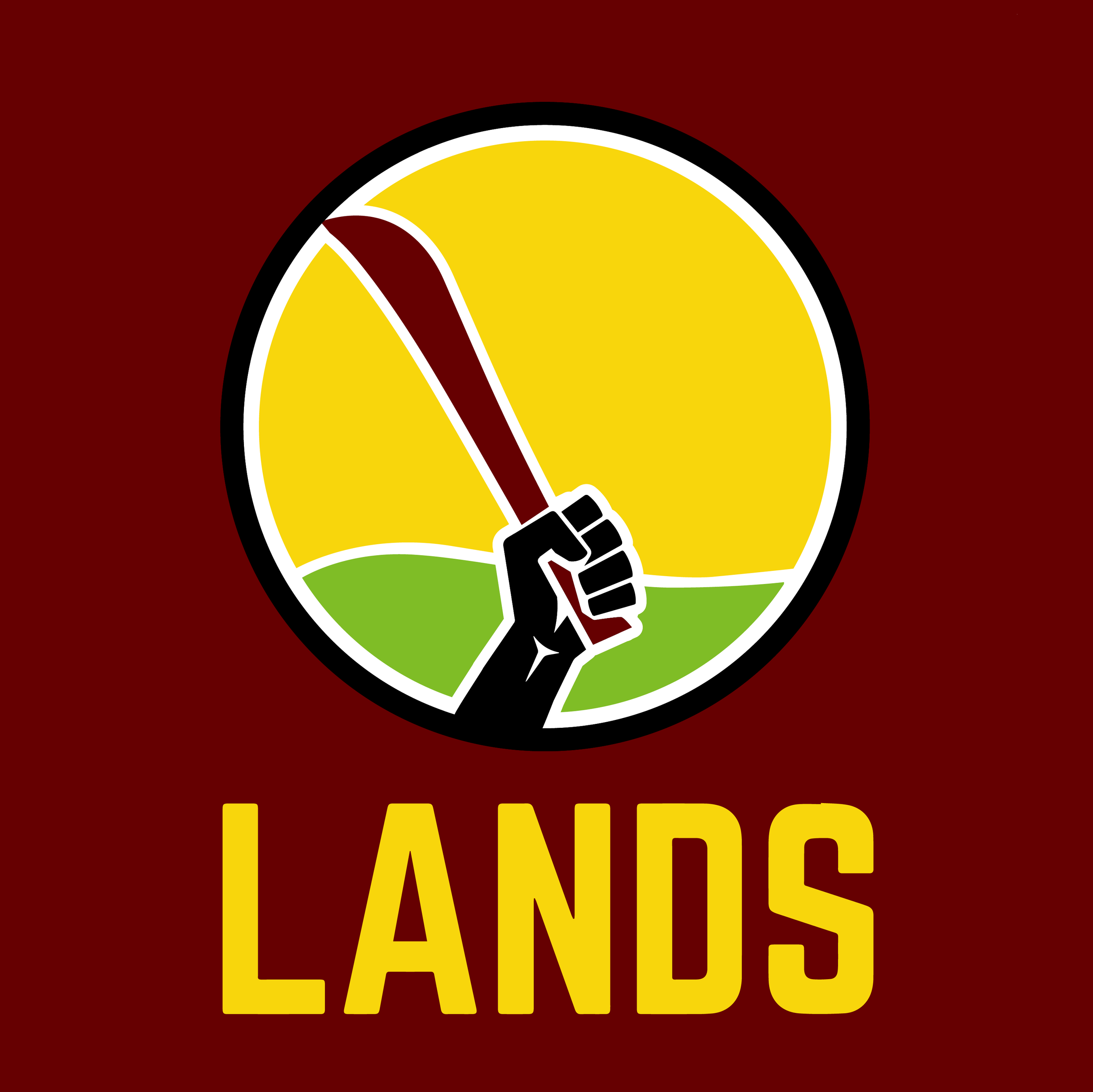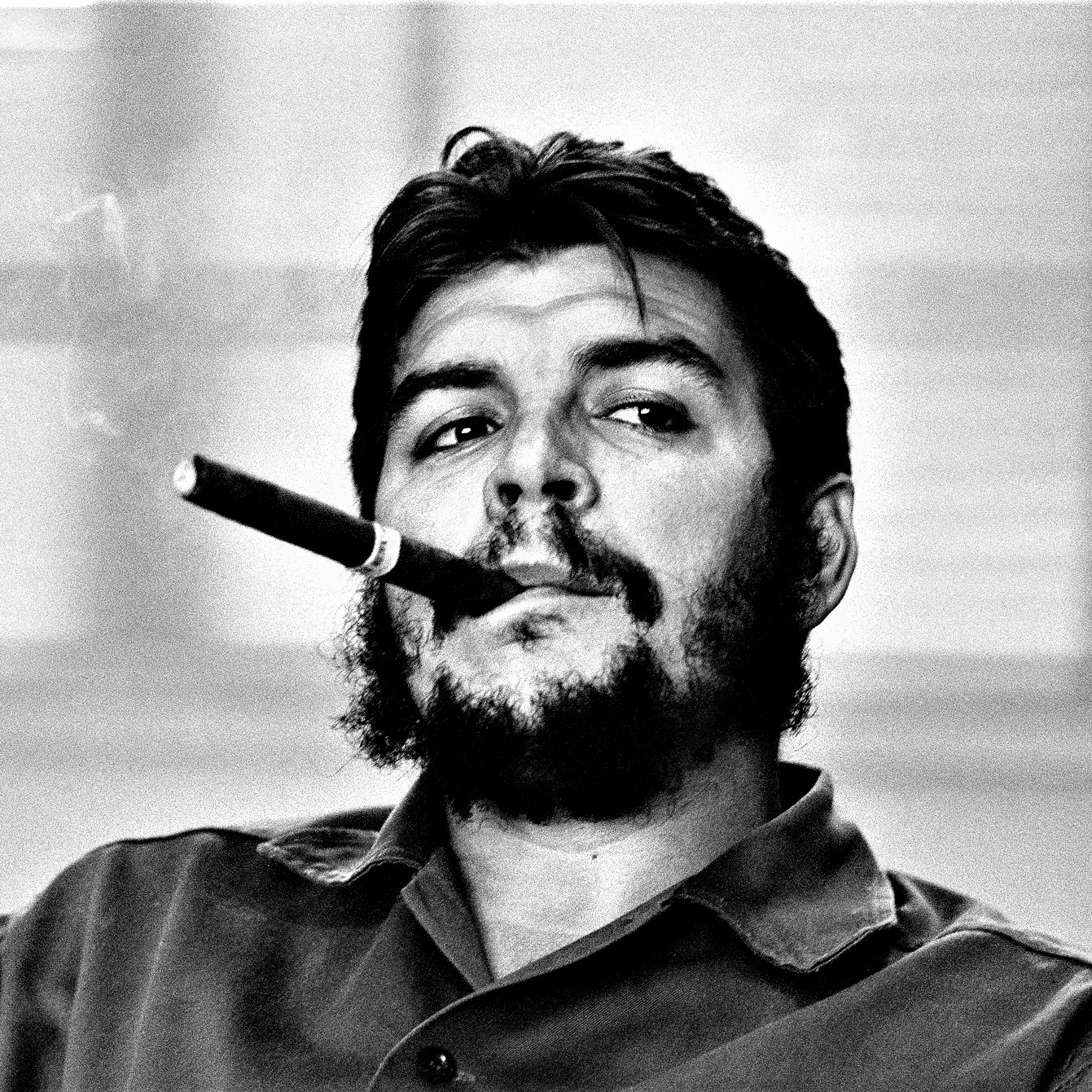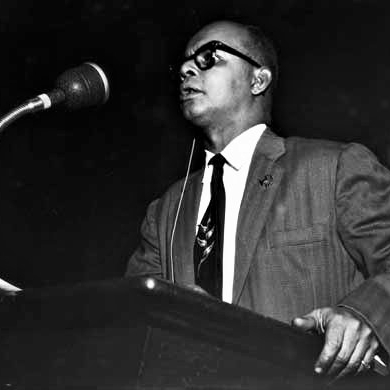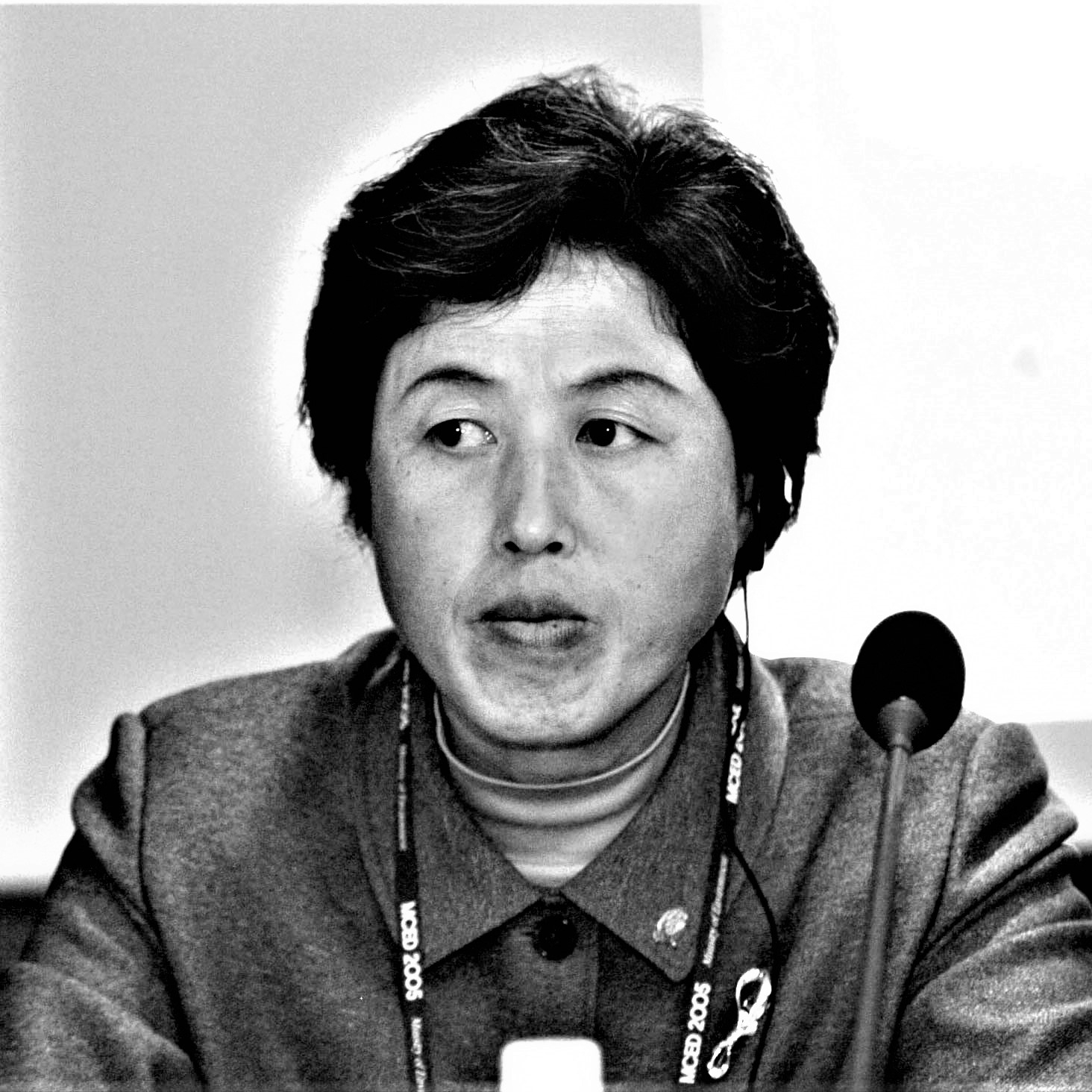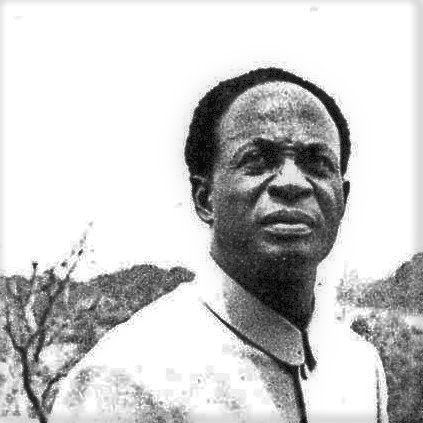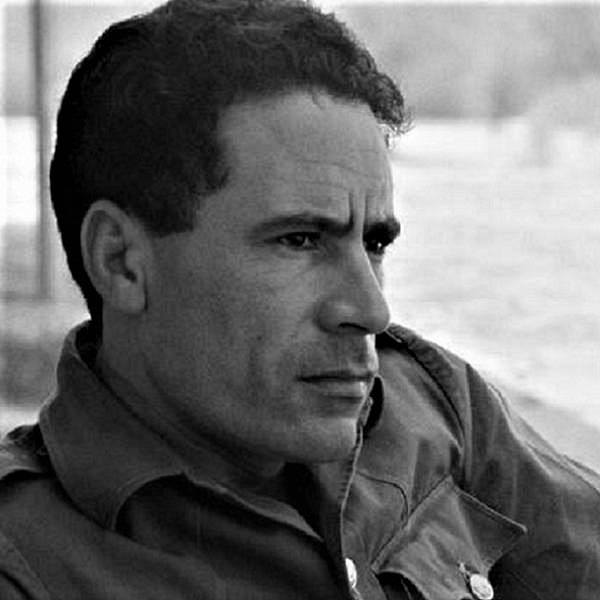Economics
These are writings on Economics.
Budgetary Finance System
(Read freely online)
This is a piece about the Budgetary Finance System that was developed in Cuba as an alternative to the economic model used in the USSR, but it makes reference to Marxist concepts like the law of value and the transition from fully developed Capitalism to Socialism.
Capitalism and Slavery
(Read freely online)
Eric Williams, the first Prime Minister of Trinidad & Tobago, explained the relationship between slavery and the development of Britain's modern economy.
The Debt Trap: The IMF and the Third World
(Source through Goodreads)
This book looks at how many Third World countries have been held hostage by their creditors, and how Third World governments are forced to choose between pleasing their creditors and pleasing their people.
The Economics of Revolution
(Source through Publisher)
This book looks at Comandante Guevara's contributions to Economics, particularly in Cuba.
Employment Protection and FDIs
(Read freely online)
This paper looks at how Global South countries are pressured to weaken their labour laws in order to attract foreign investors. It is one aspect of the "race to the bottom" concept.
The Global Struggle of the Local Peasant
(Read freely online)
This is an article by the leader of the Korean Women Peasant Association; it looks at how free trade policies impoverish rural communities in the periphery.
Implications of British Colonial Economic Policies on Nigeria's Development
(Read freely online)
This paper looks at the impact of British colonial policies on the Nigerian economy, even today. Metropoles adopted protectionist measures against their own colonies, thereby protecting the development of the economy in the metropole itself, while shaping the economies of colonies around the needs of the metropole.
Kicking Away the Ladder
(Read freely online)
This paper criticises free trade, and highlights how the same countries that promote free trade today had relied on Protectionism to develop their own economies. It was written by an economist who influenced Rafael Correa, a Socialist who is the former president of Ecuador.
Neo-Colonialism
(Read freely online)
This piece looks at how global economic dynamics erode the sovereignty of countries in the periphery. Countries in the periphery still have their economies organised to benefit the core.
The New Economic Policy
(Read freely online)
Vladimir Lenin explained why the USSR had to adopt a policy of State Capitalism. He says that they made mistakes by taking things for granted, mistakenly assuming that there could be a swift change “from the old Russian economy to state production and distribution on communist lines” but had to adapt to the country’s material realities.
Nicaragua Highlights Failures of Globalisation
(Read freely online)
This article looks at Nicaragua's model of economic development. It mentions common challenges facing countries in the Global South, particularly the volatile trade markets, and heavy reliance on foreign investments.
The Ruin of Russia
(Read freely online)
This article looks at how the transition from Socialism to Capitalism had ruined the economy of Russia, the largest country in the USSR, rather than improve the people’s lives.
Slavery and the Rise of Capitalism
(Read freely online)
This piece looks at the complex relationship between slavery and Capitalism. Slavery gave rise to Capitalism, and then Capitalism killed slavery.
The Solution of the Economic Problem: Socialism
(Read freely online)
This is an outline of Gaddafi's views on economics, which largely focuses on wages, but includes discourse on issues like property ownership and the nature of domestic work.
On Subsistence Goods
(Read freely online)
Here, a distinction is made between essential goods (like food, which people would need to survive) and non-essential goods (like tobacco or indigo). The argument is that the value of non-essential goods can be left to market dynamics, but the importance of human life and need must take precedence over the market.
